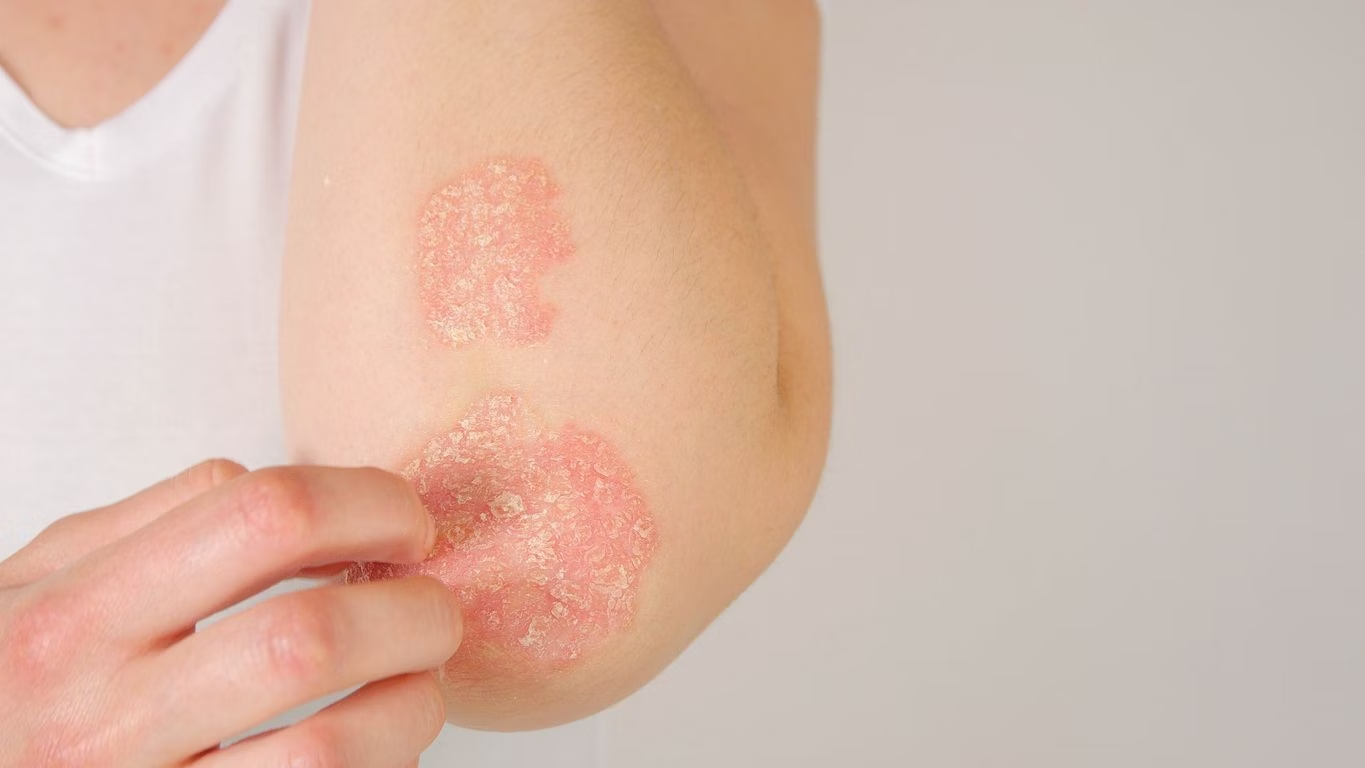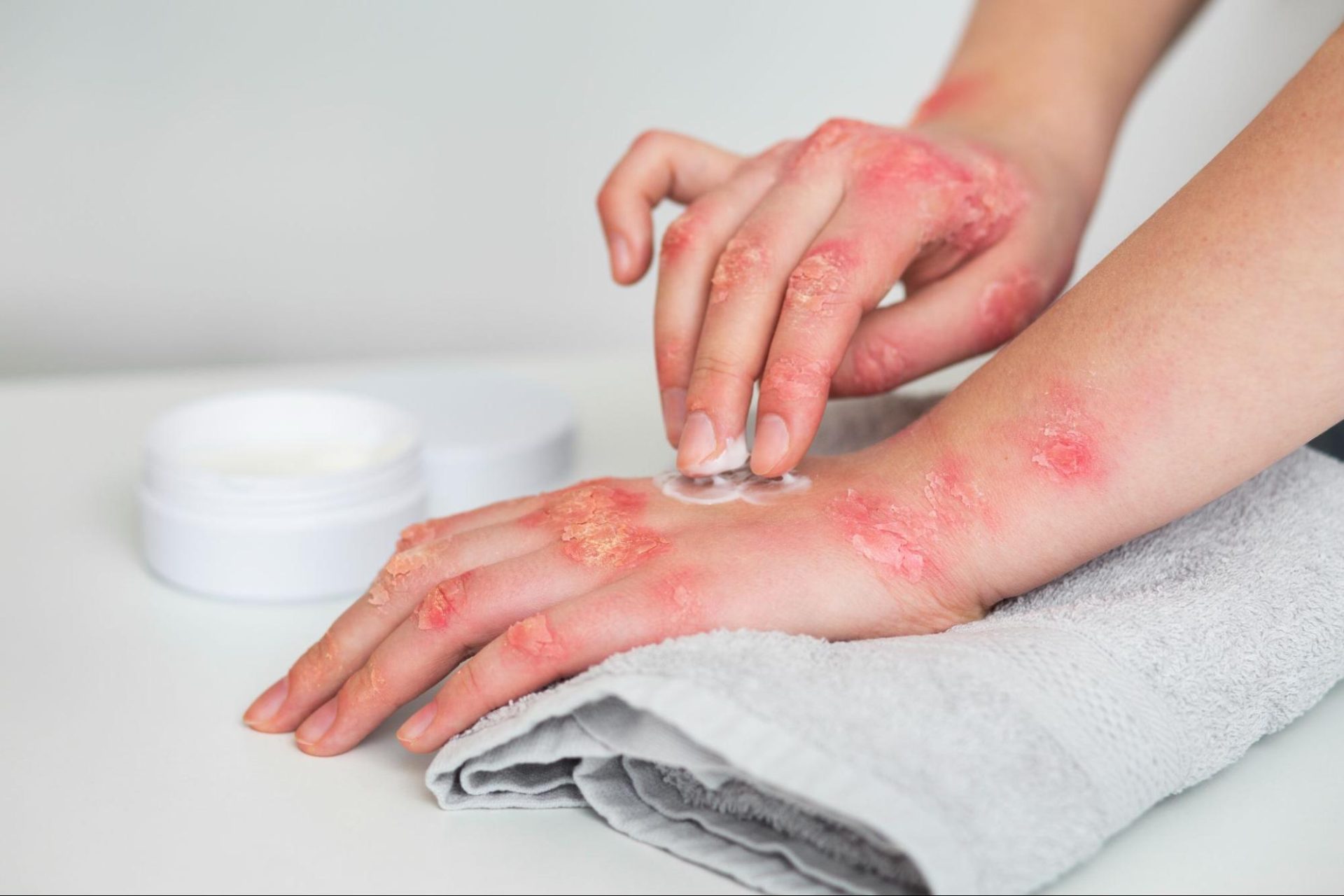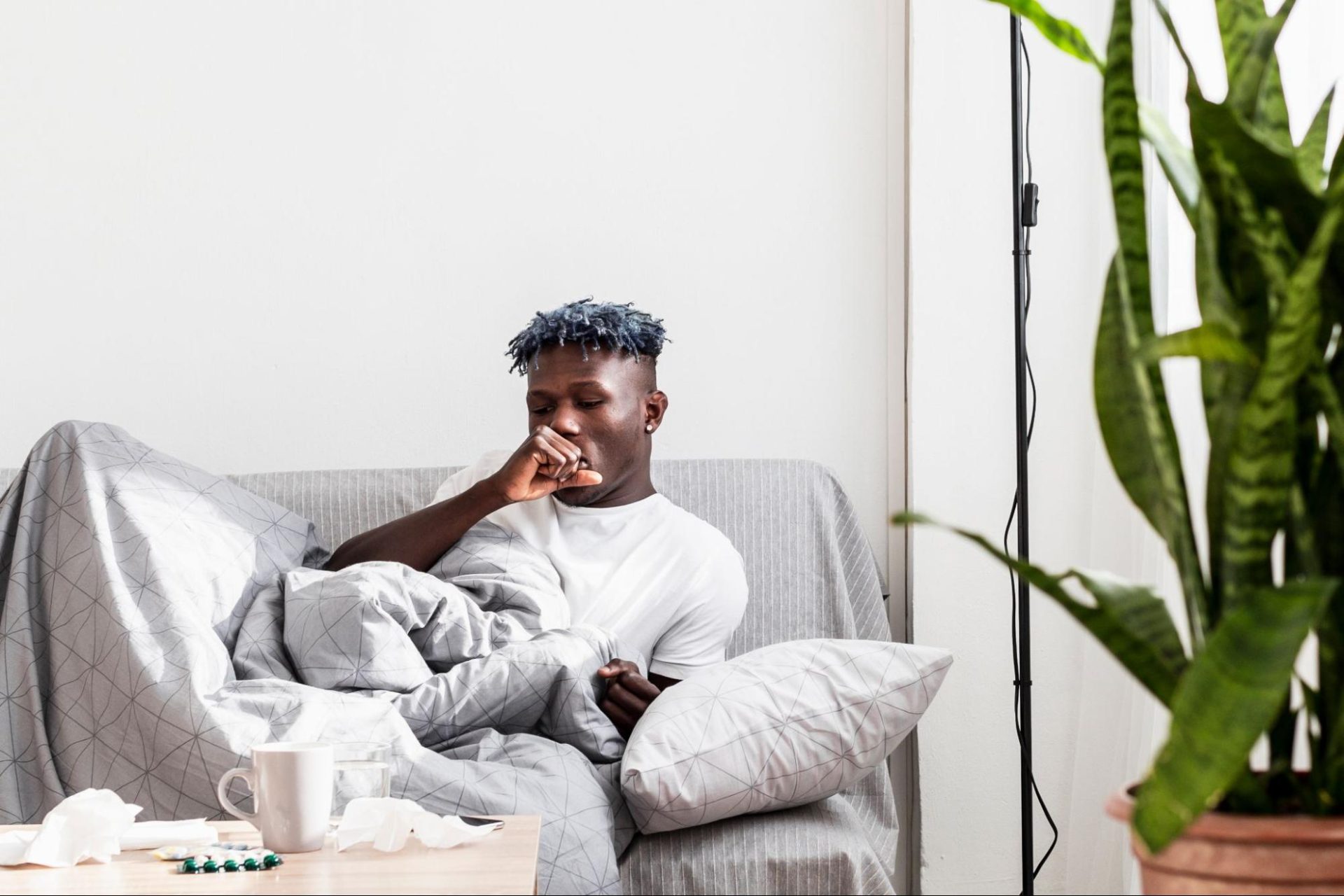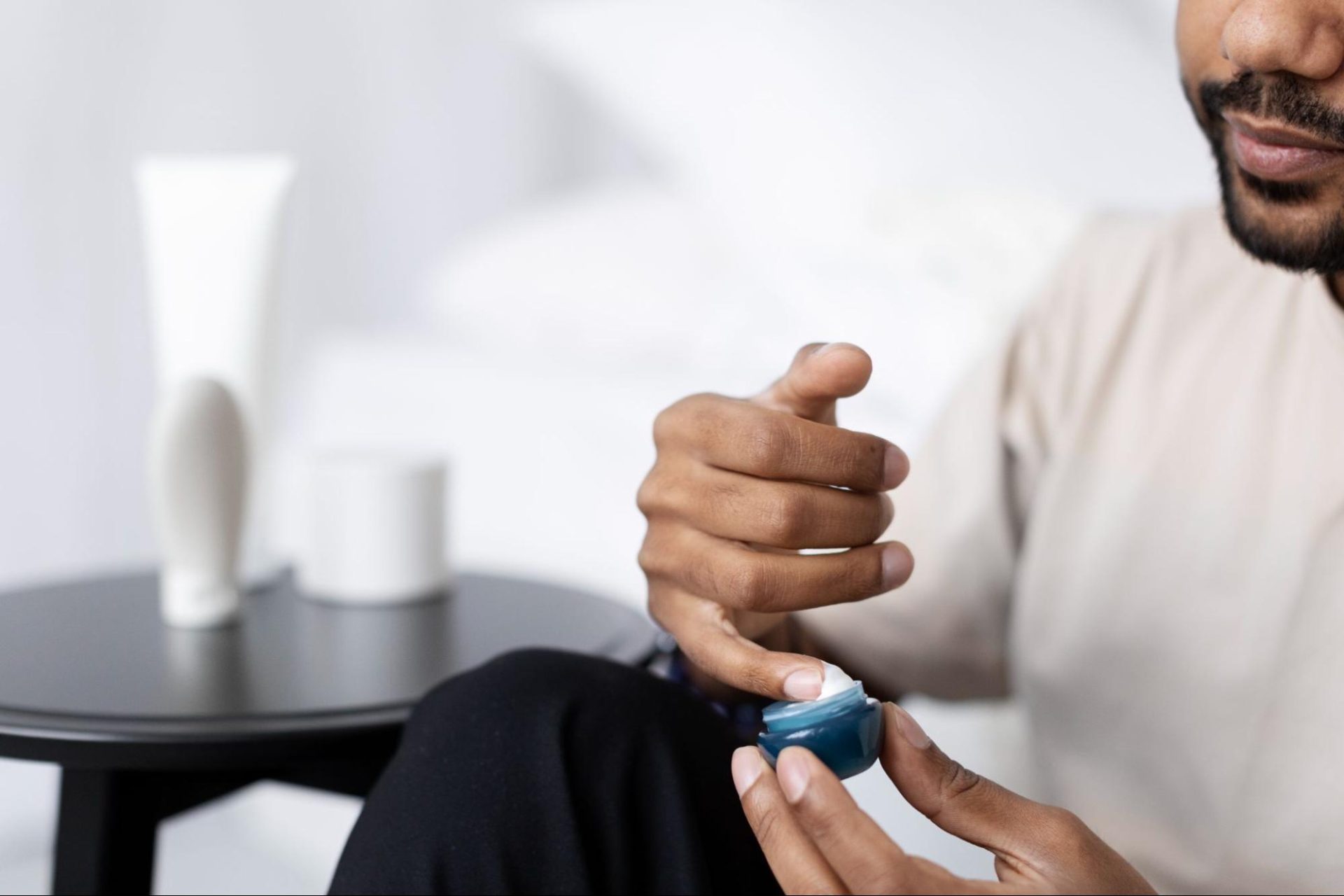Psoriasis is more than just a skin condition, it’s a complex, chronic autoimmune disease that can have a significant impact on your physical comfort and emotional well-being. August marks Psoriasis Awareness Month, a time to not only highlight the challenges faced by those living with this condition but also to raise awareness about the range of treatment options and lifestyle strategies available today.
At our practice, we believe in helping you live confidently in your skin, with real, personalised support. Let’s explore what psoriasis is, how it affects people of all ages (including children), and how we can help manage it together.
What is Psoriasis?

Psoriasis occurs when the immune system triggers an accelerated growth cycle in skin cells, leading to a buildup of rough, scaly patches on the skin’s surface. These patches can be itchy, uncomfortable and highly visible, often appearing on the elbows, knees, scalp, back and torso. While not contagious, psoriasis can deeply affect a person’s confidence, quality of life and mental health.
Types of Psoriasis

There are several different types of psoriasis, each with its own unique presentation:
- Plaque Psoriasis
The most common type, characterised by red, raised plaques covered with silvery-white scales. - Guttate Psoriasis
More common in children and young adults, this presents as small pink spots, usually after a throat infection. - Pustular Psoriasis
Marked by blisters and inflamed skin, often found on the hands and feet. - Inverse Psoriasis
Occurs in body folds (armpits, under breasts, around the groin), resulting in shiny, red lesions. - Erythrodermic Psoriasis
A rare and severe form that can cause widespread redness, skin shedding and systemic symptoms like fever.
Understanding the triggers

While the exact cause of psoriasis isn’t fully understood, we do know it’s immune-mediated and genetically influenced. Certain triggers can cause flare-ups, including:
- Stress
- Infections (especially strep throat in children)
- Skin injuries or irritation
- Cold, dry weather
- Certain medications
- Alcohol and smoking
Managing these triggers is a key part of any long-term psoriasis treatment plan. While we can’t cure psoriasis, understanding your personal triggers and making small, consistent lifestyle changes can significantly reduce flare-ups and improve overall skin health.
This might mean incorporating stress-reduction techniques like mindfulness or yoga, switching to skin-friendly personal care products, avoiding certain medications, or making seasonal adjustments to your skincare routine.
At our practices, we take the time to help you identify your unique triggers and create a realistic, sustainable plan that fits into your everyday life, because successful management isn’t just about prescriptions, it’s about empowering you with knowledge and support.
Psoriasis in children & what parents should know

While often considered an adult condition, psoriasis can and does affect children, particularly in the form of guttate psoriasis. It may first appear after a viral or bacterial infection, and symptoms can sometimes be mistaken for other common childhood rashes.
Living with psoriasis as a child can be emotionally difficult, especially in school or social settings. Early diagnosis and treatment can make a world of difference, both for symptom management and confidence.
We like to take a gentle, child-friendly approach to dermatological care. Dr Noks works closely with families to create age-appropriate, compassionate treatment plans that support both physical healing and emotional well-being.
Our Psoriasis treatment options

Thanks to medical advances and tailored skincare regimens, Psoriasis is more manageable today than ever before. We offer a range of treatment options suited to each person’s lifestyle, condition type, and severity:
- Topical Therapy
Prescription creams, corticosteroids, vitamin D analogues and medicated moisturisers to reduce inflammation and scaling. - Light Therapy (Phototherapy)
Controlled exposure to UVB light slows the growth of affected skin cells and is often highly effective for mild to moderate cases. - Systemic Medication
For more severe psoriasis, oral or injectable medication (including biologics) can help modulate immune system activity and reduce flare-ups. - Lifestyle Support & Education
From personalised skincare advice to managing triggers like stress, our approach goes beyond just the skin.
Dr Noks is passionate about dermatology and tailors each treatment to reflect your skin’s unique needs, ensuring safe, effective, evidence-based care.
Living with psoriasis doesn’t mean living uncomfortably. Whether you’re experiencing your first flare-up, supporting a child with symptoms, or navigating long-term management, we’re here to help.
Book your consultation today and let’s create a personalised Psoriasis treatment plan that brings confidence and comfort back to your skin.
